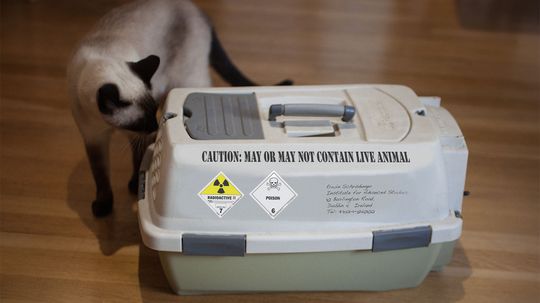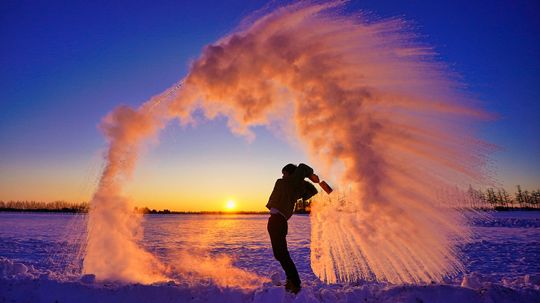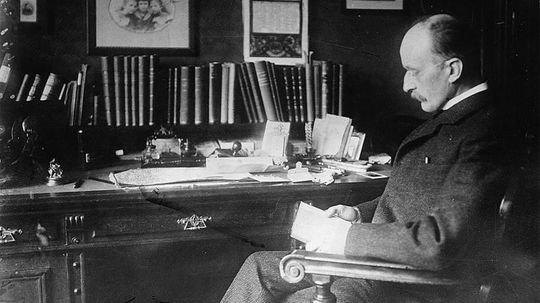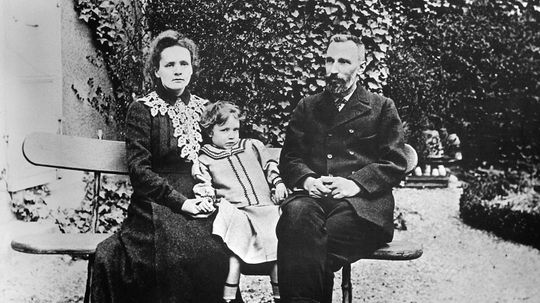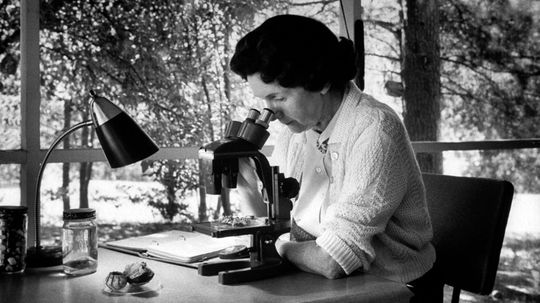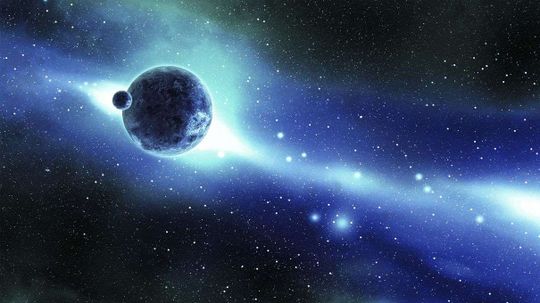Science Dictionary
Do you know what a meteor is, or what scientists mean when they are talking about cryogenics? Our collection of science terms explains the meaning of some of the most common scientific ideas.

10 Scientific Words You're Probably Using Wrong
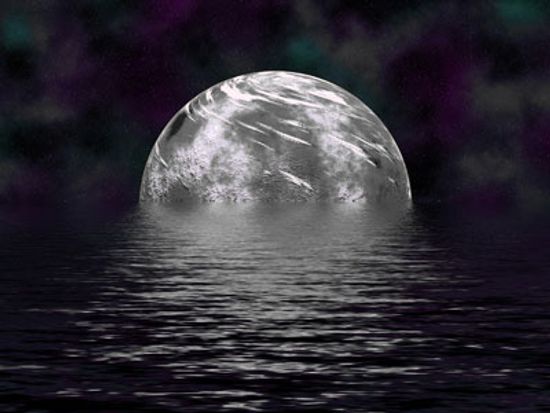
Can a planet float on water?
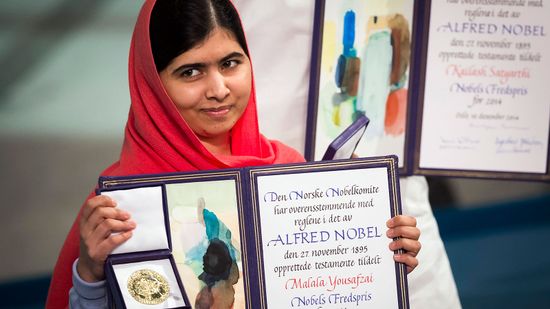
Can You Nominate Yourself for a Nobel Prize?

How Do You Win a Nobel Prize?

What Are the Masons?
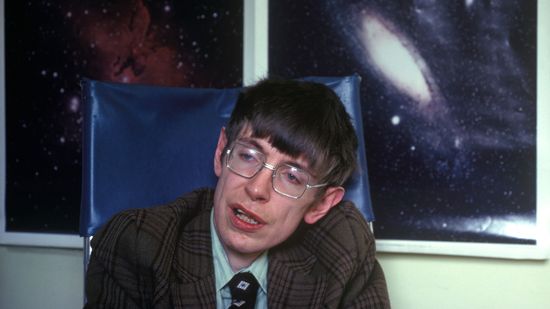
Quiz: How Much Do You Know About Stephen Hawking?
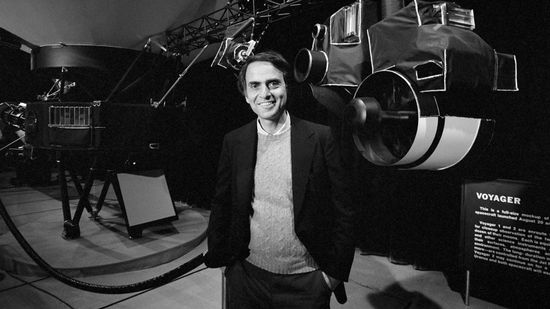
10 Cool Things About Carl Sagan
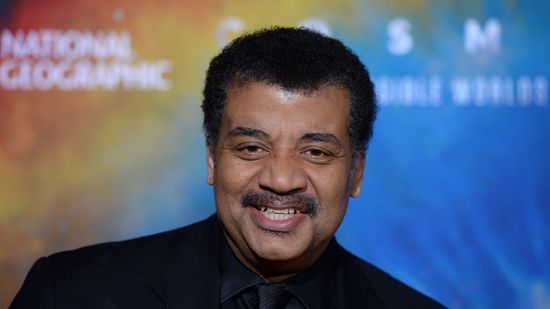
10 Cool Things About Neil deGrasse Tyson
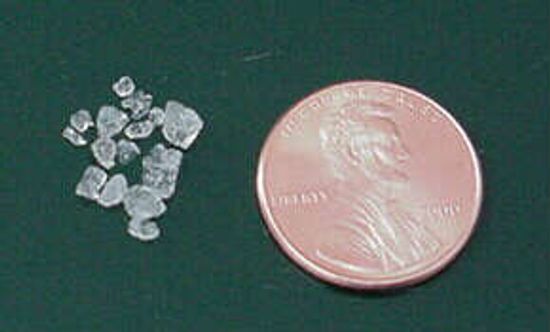
How do polymer crystals work and why do they absorb so much water?

Is a Karat the Same as a Carat?
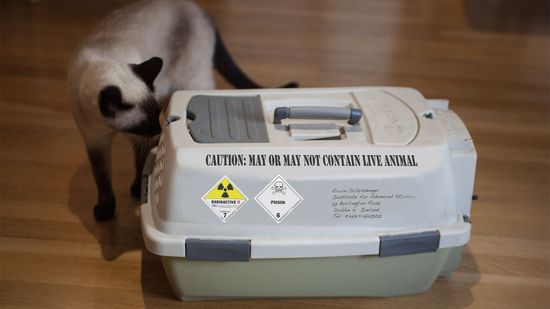
4 Quantum Physics Misconceptions, Busted

Chaos Is Not Randomness: A Complex Systems Scientist Explains
Learn More / Page 3
Questions, theories and debates about quantum physics can get muddled because of a number of myths and misconceptions. Here are four of them.
Under the right conditions, hot water can somehow freeze faster than cold water. It's called the Mpemba effect. We'll explain how it happens.
By Dylan Ris
Einstein famously called the phenomenon "spooky action at a distance," and physicists just won the Nobel Prize for their work on it, but what is quantum entanglement?
Advertisement
Nobel prizes offer lots of prestige and big payouts. But how do you become eligible for one? And can you lobby for yourself?
By Dave Roos
Planck's constant, which made an appearance in the Netflix series "Stranger Things," is one of the most important differences between reality at the atomic and subatomic level and what we can see around us.
Having one Nobel Prize winner in the family is a huge accomplishment. But the extended Curie family had five winners – and one was even awarded twice. How did they get so smart?
Frequency has to do with wave speed and wavelength is a measurement of a wave's span. Learn how frequency and wavelength of light are related in this article.
Advertisement
The late marine biologist Rachel Carson's groundbreaking book, "Silent Spring," debuted 60 years ago as one of the finest works of nature writing ever.
By Oisin Curran
Scientists are still trying to figure out the essence of dark matter. If they do, will it lead only to greater understanding, or can we develop new technologies?
The number 137, which is significant in multiple applications, has long been an object of fascination for physicists, mathematicians and mystics.
